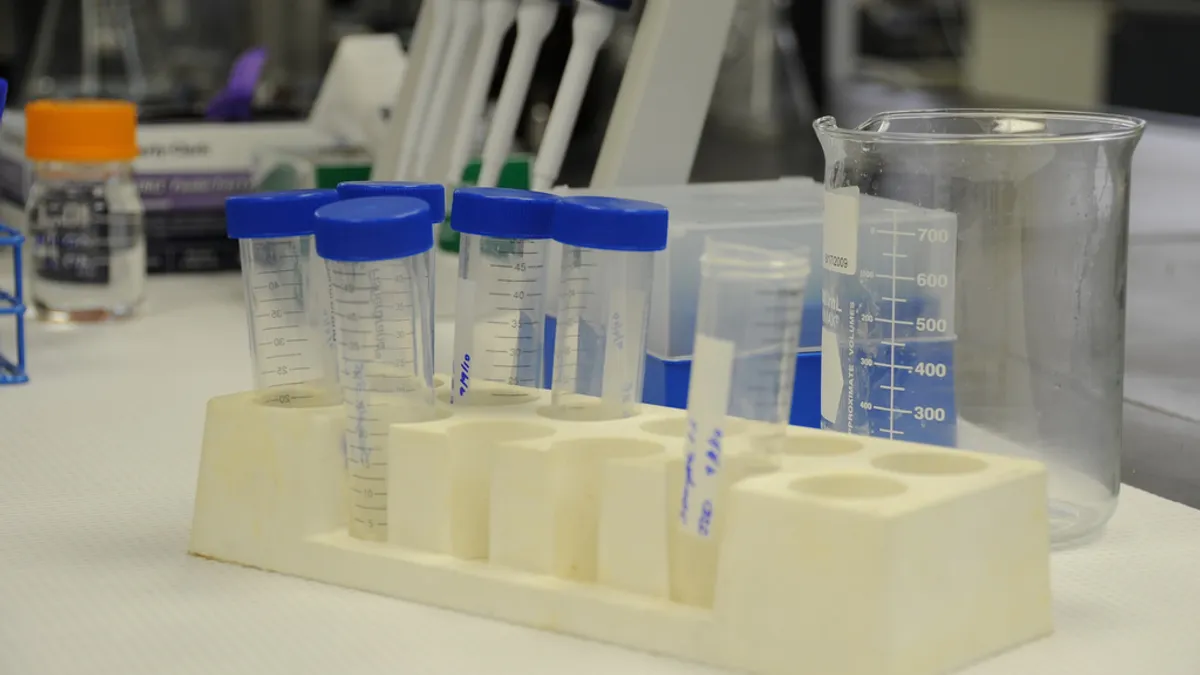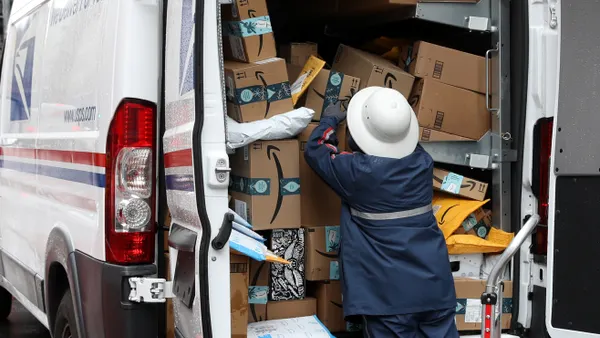Dive Brief:
- DHL Supply Chain will offer a new last-mile solution for its life sciences and medical device division.
- An increasingly aging population and rising costs set by healthcare providers present rising challenges for the life sciences industry. The new service hopes to provide a just-in-time, fully traceable and compliant solution for the industry.
- DHL says its new logistics system consolidates inventory in single locations to provide more effective quality control and greater traceability of products. As a result, by providing just-in-time availability, it reduces capital investment and reduces storage costs for vital medical devices.
Dive Insight:
Wherever there are rising costs, there is also a greater pressure on supply chains to improve efficiency.
So as the healthcare industry struggles to contain costs, it is only natural 3PLs would spot the trend and develop more cold chain solutions. In fact, between 2012 and 2014, global cold chain logistics capacity grew by 20%, reaching an annualized 600 million cubic meters in 2016.
The growth in cold chain services is not just about cost-cutting, however. The growth of precision medication, the need for traceability within the drug industry and a rising middle class have all led to a greater need for outsourced services.
These trends collectively impact each link in the supply chain: as retailers see higher demand for cold-chain products, they demand greater supplies from their upstream partners, who rely on logistics providers to ensure the right infrastructure is in place to store and transport their product.
Note how DHL emphasizes its solution's quality assurance and traceability features. FedEx and UPS have both doubled-down on their cold chain services as well. Even carriers are investing heavily in the space: in fact, there seems to be a bit of an arms race over the refrigerated container transport market.
The new service, then, is but another indicator of a growing market for healthcare logistics.













